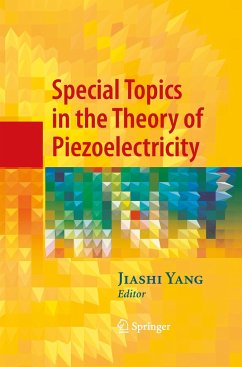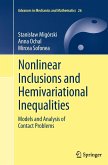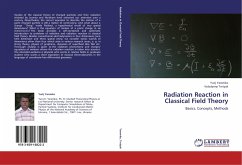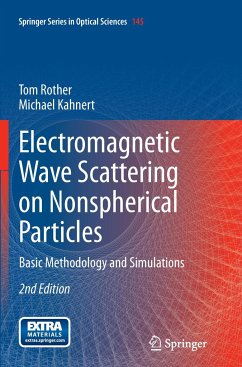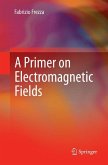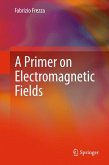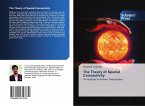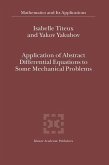Piezoelectricity has been a steadily growing field, with recent advances made by researchers from applied physics, acoustics, materials science, and engineering. This collective work presents a comprehensive treatment of selected advanced topics in the subject. Every chapter is self-contained and written by international experts who elaborate on special topics.
Key features include:
_ Systematic exposition of topics: from a brief summary of the 3-dimensional theory of linear piezoelectricity to selected topics within the linear theory; and the theory of small fields superposed on a finite bias;
_ Provides a broad overview of piezoelectric (or electroelastic) materials such as single crystals and ceramics that play a key role in this innovative field; examples provided throughout;
_Treats new applications to piezoelectric materials and devices in electronics engineering and civil, mechanical, and aerospace engineering structure;
_ Examines indetail numerical analysis methods to optimize the design of piezoelectric structures and devices.
This book is written for an intermediate graduate level and is intended for researchers, mechanical engineers, and applied mathematicians interested in the advances of piezoelectricity and its new applications, and may be used as a supplemental text to a course where piezoelectricity is a focus.
Also by Jiashi Yang: An Introduction to the Theory of Piezoelectricity, © 2005 Springer, 978-0-387-23573-8.
Key features include:
_ Systematic exposition of topics: from a brief summary of the 3-dimensional theory of linear piezoelectricity to selected topics within the linear theory; and the theory of small fields superposed on a finite bias;
_ Provides a broad overview of piezoelectric (or electroelastic) materials such as single crystals and ceramics that play a key role in this innovative field; examples provided throughout;
_Treats new applications to piezoelectric materials and devices in electronics engineering and civil, mechanical, and aerospace engineering structure;
_ Examines indetail numerical analysis methods to optimize the design of piezoelectric structures and devices.
This book is written for an intermediate graduate level and is intended for researchers, mechanical engineers, and applied mathematicians interested in the advances of piezoelectricity and its new applications, and may be used as a supplemental text to a course where piezoelectricity is a focus.
Also by Jiashi Yang: An Introduction to the Theory of Piezoelectricity, © 2005 Springer, 978-0-387-23573-8.

